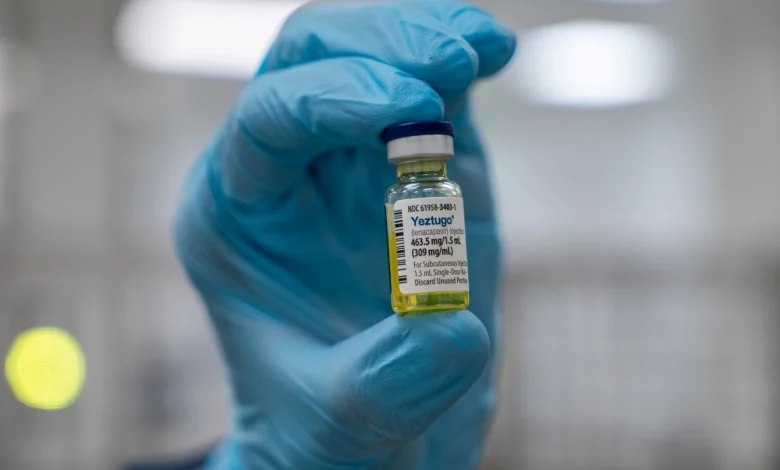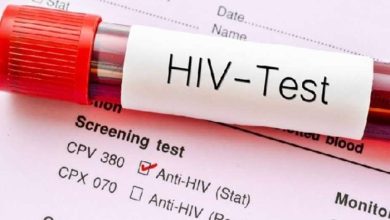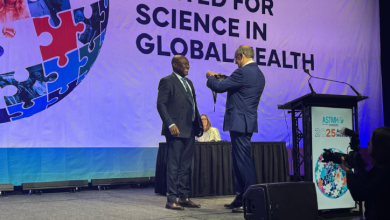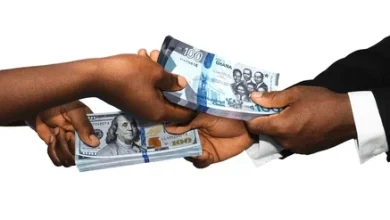Life-saving HIV prevention injection costs $28,000 a year

Gilead Sciences has secured approval from the United States health authorities for its new HIV prevention injection, Yeztugo, but concerns are growing over its steep price tag.
The twice-yearly shot, based on the drug lenacapavir, is designed for people who struggle to take daily pills to prevent HIV.
In major clinical trials involving thousands of adults and teenagers from diverse backgrounds, Yeztugo proved highly effective, preventing HIV in over 99.9% of participants.
Eligible for anyone weighing at least 35 kilograms, the injection could revolutionise HIV prevention for many.
However, Gilead has set the annual price in the US at more than US$28,000, prompting fears that only the wealthy will have access in high-income countries.
Health experts note that a generic version could cost as little as US$25 per year if produced at scale. This stark difference has intensified debate about affordability and equity.
To address accessibility in low- and middle-income nations, Gilead has partnered with six manufacturers to produce cheaper versions.
These agreements cover 120 countries and include a pledge to supply doses for two million people through global health partnerships. Still, these low-cost alternatives require regulatory approval and may take years to reach patients.
While the approval of Yeztugo marks a significant advance in HIV prevention, the high cost and slow rollout of cheaper versions could limit its global impact.
For many health advocates, the question remains whether life-saving prevention will be a privilege or a right.










